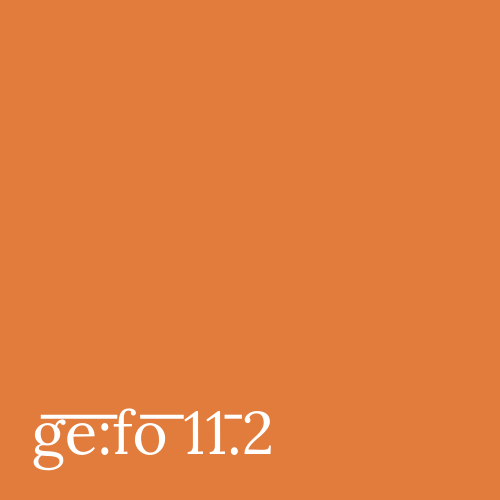Racialised Boundaries. Frances Hodgson Burnett's The Secret Garden and Alice Walker's “In Search of Our Mothers' Gardens”
DOI:
https://doi.org/10.18716/ojs/gefo/2012.3332Keywords:
exclusive space, ideology, imperialism, black creativityAbstract
The garden in Frances Hodgson Burnett’s novel is not a neutral, ahistorical, timeless idyll but culturally defined, and insofar it is deliberately distanced from India and everything that India is intended to denote in the novel, the garden is created as an exclusive space, signifying whiteness. Burnett’s narrative unfolds to support the ideology and values of imperialism. The racial aspect of Burnett’s garden becomes explicit when juxtaposed against Alice Walker’s “In Search of Our Mothers’ Gardens”, an essay written several decades later and also resonant with the images of women and gardens. Whereas the garden in Burnett has many conventionally British associations of health and healing, nature and bounty, creativity and self-expression, Alice Walker pays tribute to a tradition of black women whose relation to a garden was not given, but rather highly contested and violated. The black creative women missing and muted in Burnett’s garden find place in Walker’s essay and thus Walker works to broaden the literary tradition Burnett relates to.



